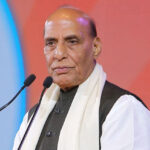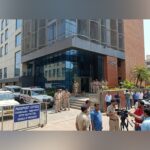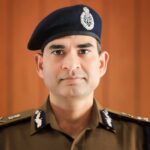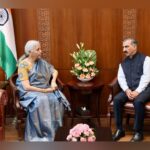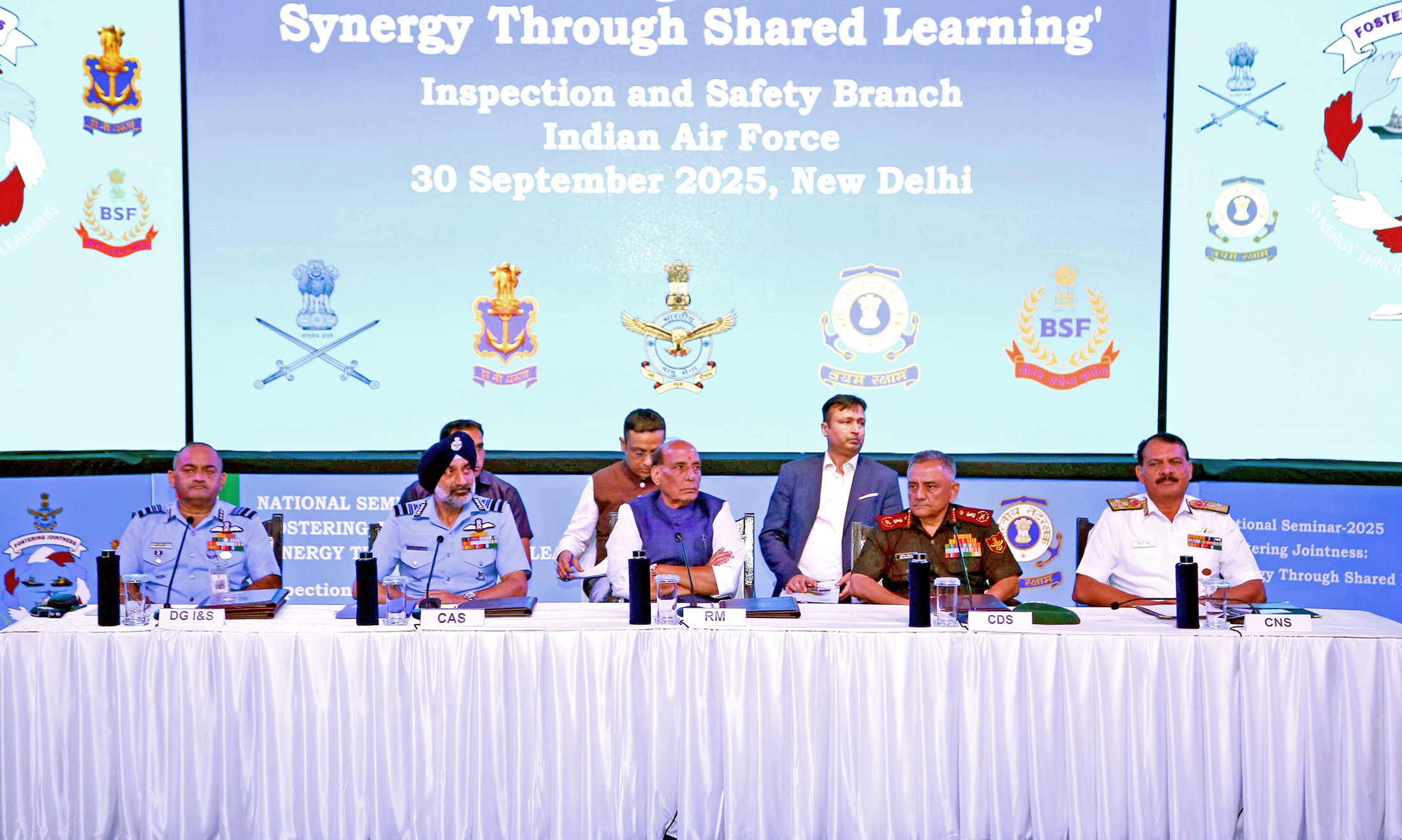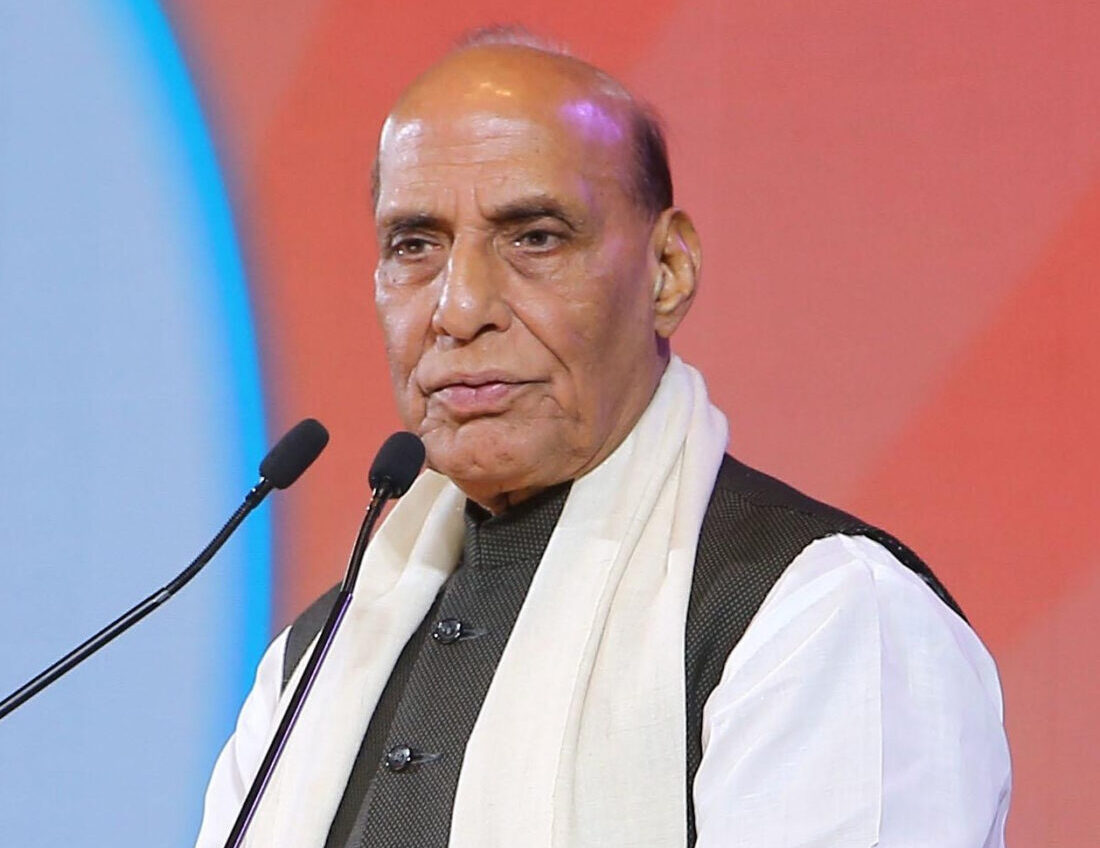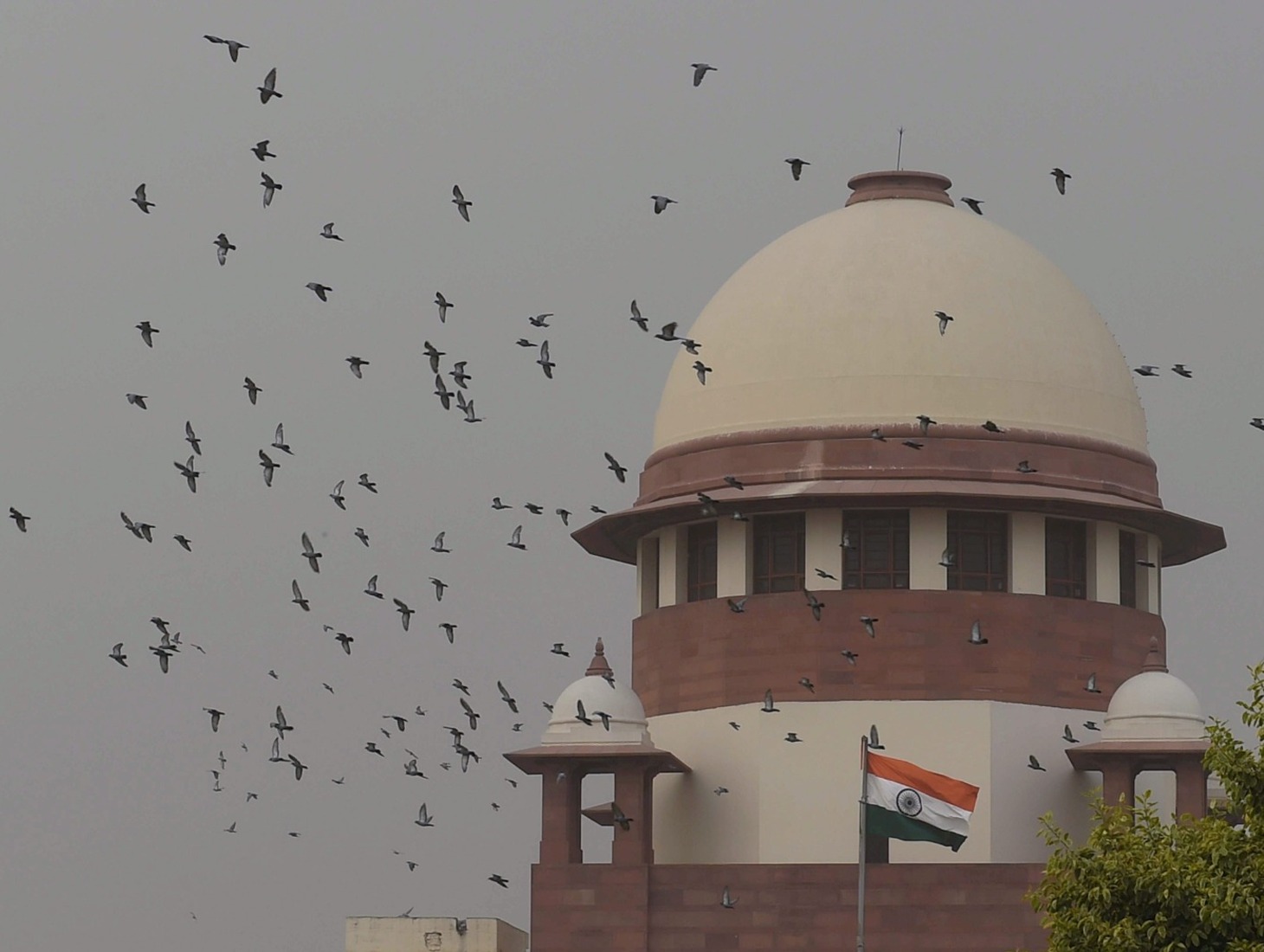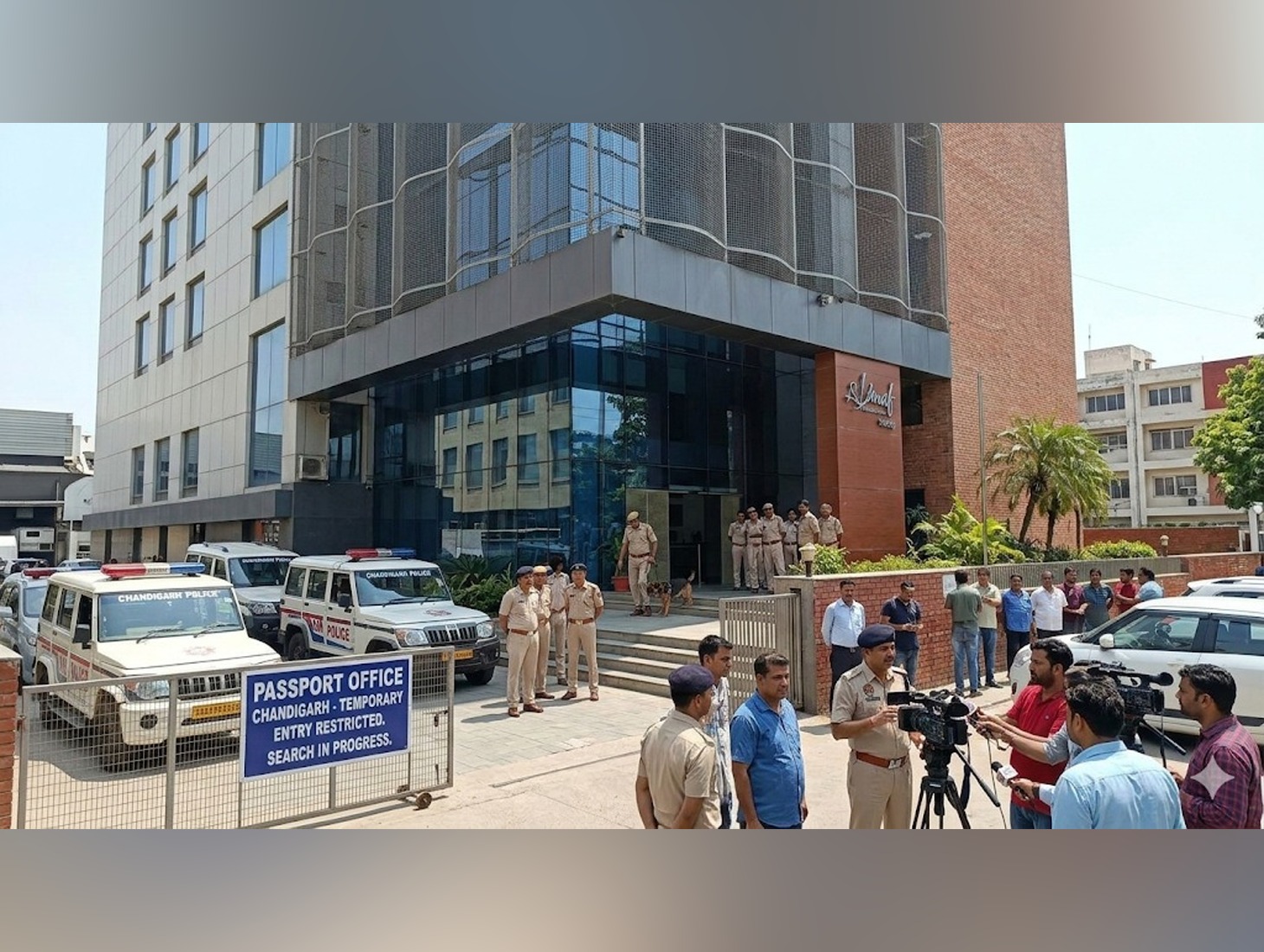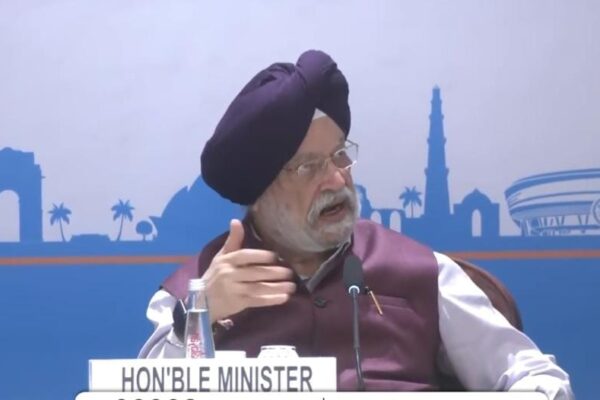The North News
New Delhi, September 30
Defence Minister, Rajnath Singh, has urged the armed forces to embrace greater jointness and interoperability, warning that the changing nature of warfare makes integration a matter of survival. Speaking at a seminar organised by the Indian Air Force in New Delhi on Tuesday, he praised the tri-services synergy demonstrated during Operation Sindoor, saying it provided commanders with “a unified, real-time operational picture” that reduced risks and improved decision-making. He described the exercise as a “living example of jointness delivering decisive results” and said it should serve as a benchmark for future operations.
The event, held under the theme “Fostering Greater Jointness – Synergy through Shared Learning in Inspection and Audits, Aviation Standards and Aerospace Safety”, underscored the government’s push for deeper integration between the army, navy and air force. The Defence Minister recalled that Prime Minister Narendra Modi had stressed the same message at the Combined Commanders’ Conference in Kolkata earlier this year, highlighting the administration’s commitment to building future-ready armed forces.
“The evolving character of warfare and the complex interplay of traditional and non-traditional threats make jointness a fundamental requirement, not a choice,” he told senior officers. “While each service has the capacity to respond independently, victory will depend on collaborative strength across land, sea, air, space and cyberspace.”
He highlighted progress in digital transformation, praising the army’s Computerised Inventory Control Group, the air force’s Integrated Materials Management Online System and the navy’s Integrated Logistics Management System. He announced that a Tri-Services Logistics Application was under development to integrate these systems, optimise resources and cut redundant procurement.
The Defence Minister also urged the services to overcome decades of compartmentalisation that kept hard-won lessons locked within single branches. “If the army developed something, it remained with the army. If the navy or air force developed something, it remained within their own walls,” he said. “This has limited cross-sharing. We must move to open sharing and collective learning.”
He cautioned that divergences in standards, particularly in aviation safety and cyber defence, could prove disastrous. “Even a minor error in inspection can create cascading effects,” Singh said. “If our cyber systems differ, adversaries can exploit the gap. We must close these vulnerabilities by harmonising our standards.”
At the same time, Rajnath Singh stressed that integration must respect the uniqueness of each service, acknowledging that the army, navy and air force face vastly different operational environments. “Our task is to create a shared baseline that preserves uniqueness while building interoperability and trust,” he said.
The Defence Minister added that jointness required not only structural reforms but also a change in mindset, urging senior leaders to communicate its value to their teams and overcome institutional silos through dialogue and respect for traditions. He also encouraged studying international best practices but adapting them to India’s own context.
Before beginning his address, he paid tribute to Lieutenant General Raju Baijal, the Director General of the Territorial Army, who died earlier in the day. The seminar was attended by Chief of Defence Staff General Anil Chauhan, Navy Chief Admiral Dinesh K Tripathi, Air Chief Marshal AP Singh, senior officials from the armed forces, Coast Guard, Border Security Force, Directorate General of Civil Aviation, and several veterans.



